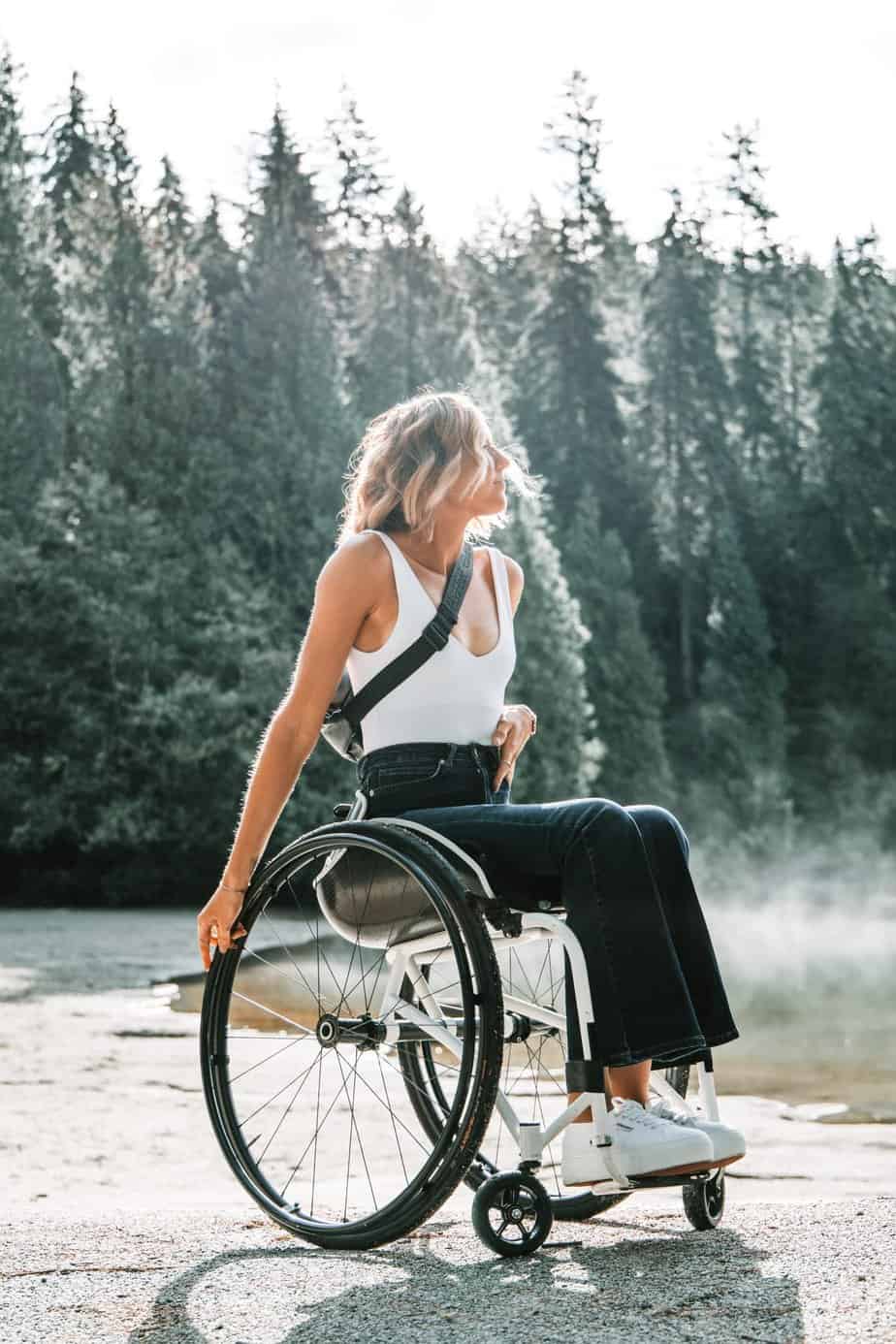Taking care of the rights of students with disabilities is an essential aspect of being a student. By advocating, you can raise awareness about disability issues, influence policies, and improve access on campus for people with disabilities. It is possible to make a positive difference in the lives of students with disabilities by advocating for disability rights.
Students with disabilities deserve adequate accommodations on campus, which means advocating for their rights. While efforts are being made to address these issues, still many campuses are inaccessible to people with disabilities. There are many ways in which students can advocate on their campuses. Here are the best ways to do so.
Educate Yourself and Others
Educating yourself about disability issues is crucial in advocating for disability rights. To do this, you’ll need to gain knowledge about the experiences of people with disabilities, as well as their rights and barriers.
Also, educating your peers, faculty, and administration about disability rights and the importance of creating an inclusive and accessible campus is crucial. For example, you can host events that feature guest speakers with disabilities to talk about their experiences or host a film screening and discussion about disability issues.
Participate in Disability Rights Groups on Campus
It’s a great idea to become a member of a disability rights group on campus if you want to become involved in advocacy. Student-led disability advocacy groups often promote disability rights and accessibility on campus.
Through these groups, you will gain exposure to disability issues, participate in advocacy campaigns, and network with like-minded students. These groups provide a great way to learn how to better advocate for individuals with disabilities and engage in initiatives that make a difference.
Advocate for Accommodations
Access to education is not possible for students with disabilities without accommodations. When a disability-related need arises, it will help to contact the disability services office on campus for assistance.
You may need to create accommodations with the assistance of the disability services office if none are available. The disability services office can assist with disability-related accommodations, making college life easier for students with disabilities.
Communicate Inclusively
The use of inclusive language is an essential part of advocating for disability rights. To do this, you must use people-centered terminology, avoid derogatory language, and respect and include everyone.
Using inclusive language can contribute to a more accepting and inclusive campus climate. Speaking about disability and disability accommodations respectfully and dignifiedly is vital to create an atmosphere of understanding and acceptance.
Champion For Disability-Friendly Buildings and Spaces
It is common on campuses for buildings and spaces to be inaccessible to people with disabilities. Ensure all students have equal access to all parts of the campus by advocating for changes, such as ramps, elevators, or accessible bathrooms.
Creating such an environment will respect the rights and worth of people of all abilities, helping them to reach their maximum potential. Creating a culture of respect and celebrating diversity is vital to creating an inclusive work environment.
Increase Awareness About Disability Rights
Educating the public about disability rights is an essential part of advocacy. For example, you can create posters, organize events, and use social media to promote disability rights issues on campus.
Your advocacy for disability rights will demonstrate your commitment to making campus a more accessible and understanding place. The more you raise awareness on campus, the more inclusive and accepting the environment will be.
Provide Support to Disabled Students
Lastly, supporting students with disabilities is critical to advocate for disability rights on campus. For instance, you can create a campus initiative to promote accessibility for disabled students, such as increasing the number of gender-neutral bathrooms or providing accessible transportation to campus events.
Furthermore, you can help people with disabilities and advocate for their rights by listening and being an ally. Supporting disability rights can make your campus a more inclusive and accepting place for all students.
Conclusion
It is essential to advocate for disability rights on campus to create an inclusive and accessible environment. If you follow the above ways, you can positively impact everyone and change their perception. Be a part of the change you wish to see — no matter how small your gesture is, it can have a powerful ripple effect in creating an equitable learning space.
feature post



